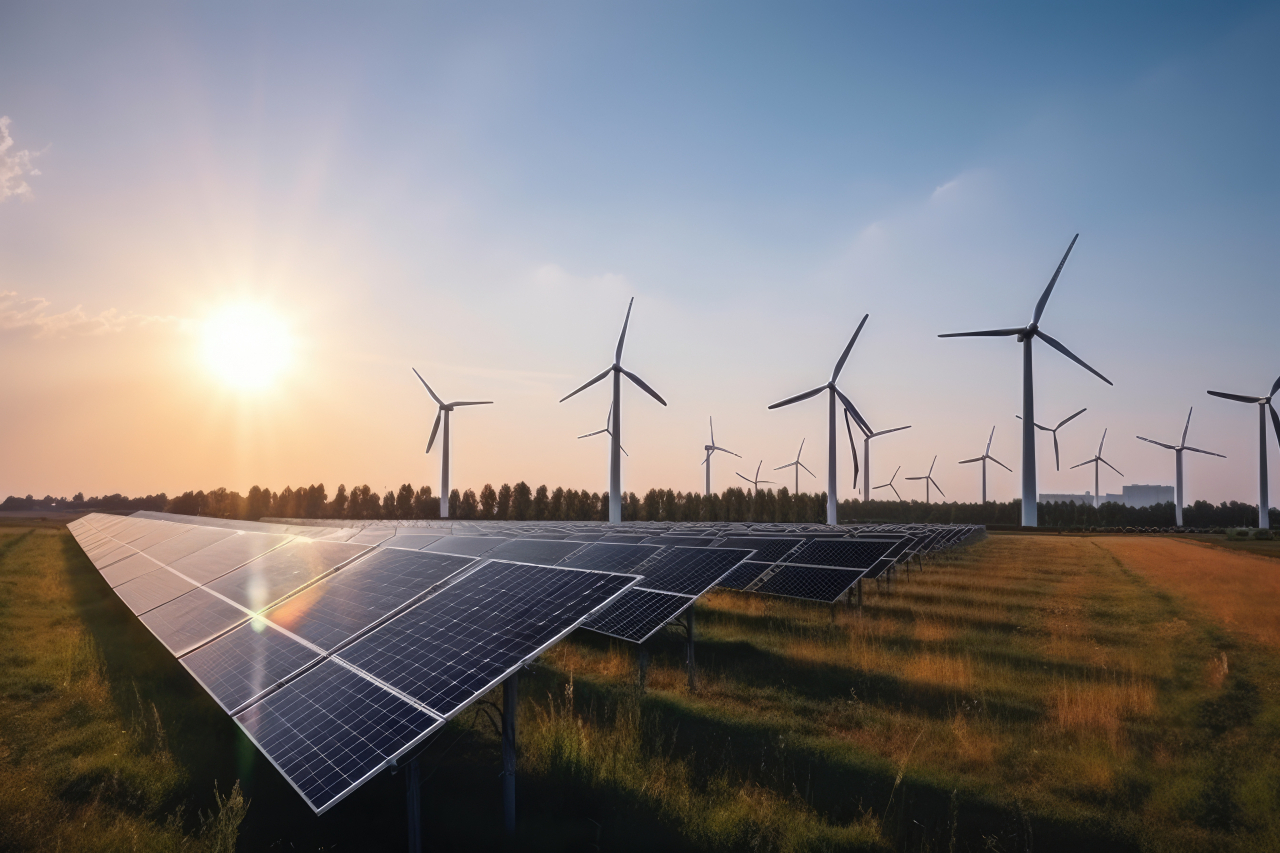Battery, new energy sectors to feel pinch from global minimum tax
By Choi Ji-wonPublished : Jan. 2, 2024 - 18:19

Hundreds of South Korean firms, including tech giant Samsung Electronics, are set to be hit by the newly implemented 15 percent global minimum tax rate.
Under the new corporate tax rule that came into effect Monday, multinational enterprises with a consolidated revenue of over 750 million euros ($827 million) are subject to an effective tax rate of 15 percent on their profits in every jurisdiction where they operate.
The global minimum corporate tax system was agreed upon by the Organization for Economic Cooperation and Development and the Group of 20 Inclusive Framework to reduce tax competition between countries and prevent tax evasion by large multilateral businesses.
In South Korea, the legislative proposal introducing the new tax rule into the Adjustment Of International Taxes Act was passed at the National Assembly in December 2022.
In detail, the new rule will apply to multinational firms whose annual sales exceeded 1 trillion won ($768 million) on a consolidated basis two times in the past four fiscal years. Government bodies, international organizations, nonprofit organizations, pension funds and investment funds are exempted.
Industry sources anticipated over 250 local companies -- including Samsung Electronics and SK hynix -- will be impacted by the new rule.
The transition will take a heavier toll on companies who received the tax credits from the US Inflation Reduction Act, experts said.
"Battery makers and firms in the solar panel, wind, and other renewable energy sectors who have benefited from the IRA will likely be hit the hardest," a Samjong KPMG tax partner told The Korea Herald.
These firms include LG Energy Solution and SK On, whose combined tax credit from the US government subsidies last year amounted to almost 1 trillion won. Other large firms to receive the tax credit in the US this year include Hanwha Solutions and Samsung SDI.
If a company with over 750 million euros in annual revenue is taxed less than 15 percent in effective rate in a specific country, it will have to pay the remaining amount in other countries.
Meanwhile, only the Income Inclusion Rule of the global minimum tax rate agreement -- which levies the 15 minimum tax on multinational firms with headquarters based in Korea -- is coming into effect this year.
The Income Inclusion Supplementary Rule which applies the tax rate to global companies doing business in Korea, such as Google and Apple, will take effect in 2025.
In 2021, the international community agreed on a two-pillar solution to tackle tax challenges arising from the digitalization and globalization of the economy. While the second pillar mandates the minimum corporate tax, the first pillar addresses the profit reallocation of additional profits.
Currently, 145 countries have agreed to adopt the new tax system, according to Seoul's Finance Ministry.




















